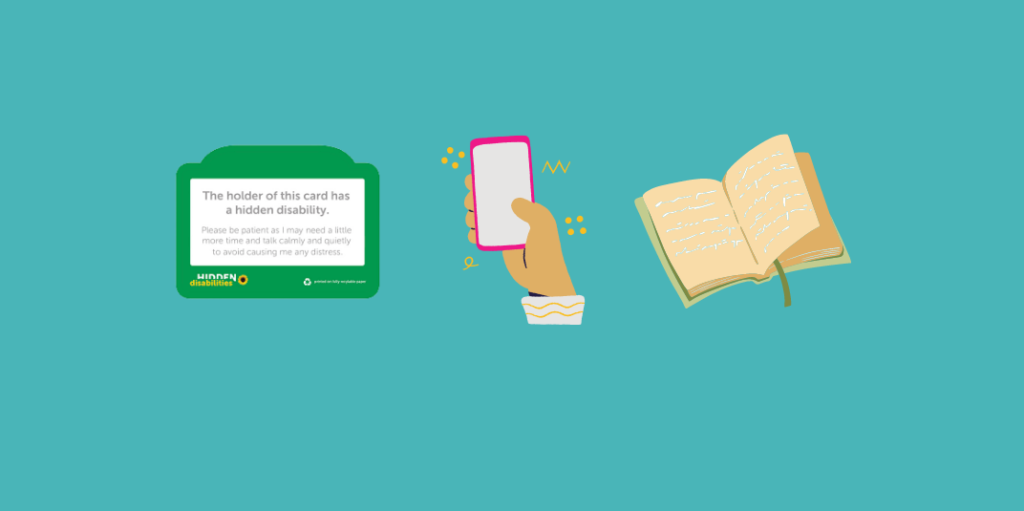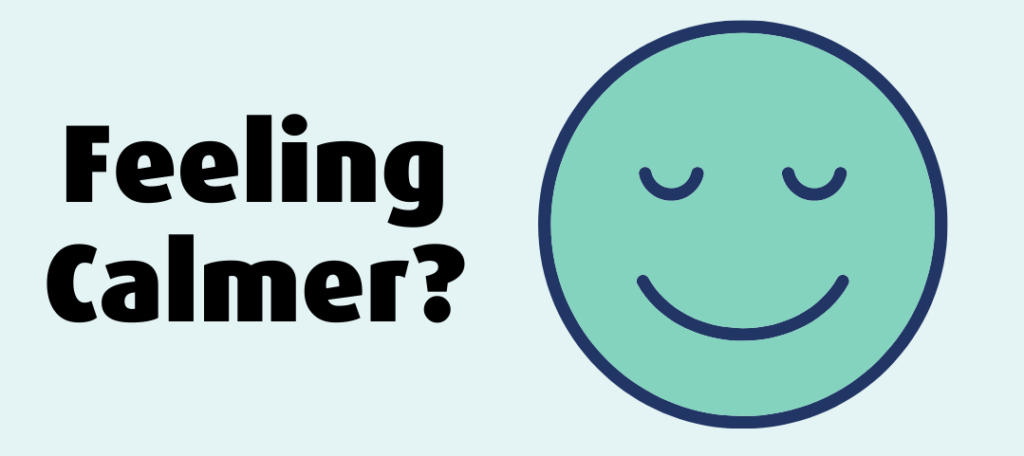Feeling Anxious? You’re not alone!
Hi! I’m Finola, a first-year student at Homefield diagnosed with social anxiety, so I know exactly what it’s like to feel anxious over things that everybody else wouldn’t even find scary! I’m writing this blog post for you all to help shed some light on a topic that’s often avoided or seen as shameful to talk openly about – anxiety.
Now, when you think of anxiety, what comes to mind? Seeing someone locked away in their bedroom, not engaging properly on their work placement, withdrawing from friends for example? If your answer to that is yes, then you may need to switch your perspective…
Although I know it’s hard seeing people withdrawn, scared and unhappy, that may not be the case. It is most likely a default reaction, or coping method, that they are using to manage their anxiety and extreme emotions – which is totally normal, despite how hurtful or worrying it may come across as being. Anxiety is a very varying condition that lots and lots of people experience in different ways, so it can be difficult to define. But essentially, it stems from an extreme sense of uncertainty or worry over uncertain outcomes and situations. So much so that the people who have it often want to avoid the situation altogether, as in their mind, facing it head-on is worse than dealing with the consequences of not going at all. Sound familiar to any of you? I thought so!
Speaking from experience, I used to cry and work myself up all the time at school (especially before public speaking or plays / end of year shows performed to parents) – the amount of tissue boxes I went through was ridiculous!! This was all purely because I was worried about the new situations I was being put in and what other people would think of me! Little did I know at the time, I was suffering from the early signs of moderate social anxiety. Fast forward a good 21 years, and I still have it now!
However, I do have the following strategies that help me to cope with it, which I have listed for everyone’s benefit below. I hope you find them helpful! The other sections of this blog post will hopefully make you aware of things you can do if you are supporting someone with anxiety, have anxiety yourself, or have employed someone who has it.
Tips for people with anxiety
• Journaling – open your journal and write whatever has been on your mind that day!
• Keep a diary – start by writing ‘Dear Diary’ and let the rest just flow!
• Have a logbook – point to whatever emotion you’re feeling.
• Download a communication app – let your app speak for you.
• Record voice notes – hit record and speak into your technology rather than typing.
• Go for a short walk – step outside and take in your surroundings whilst moving!
• Take a break – pause and decompress away from your task in hand.
• Wear a ‘hidden disabilities’ lanyard – show everyone that you have anxiety without telling them by displaying the hidden disabilities card.

Tips for employers
- Take the time to thoroughly research anxiety and understand it before employing someone who has it.
- Keep an open mind.
- Make sure your organisation reflects you.
- Have clear rules in place already.
- Be flexible when it comes to needing to make reasonable employee adjustments.
Places to get support
There are many ways to get guidance if you feel that your anxiety or someone else’s, has got too overwhelming or out of control. It doesn’t matter if you’re a student at Homefield or staff – there is ALWAYS help available!!
Students can:
- Talk to staff.
- Arrange an appointment with the College’s therapy team.
- Reach out to parents / carers.
- Contact their doctor or a mental health professional.
- Look online at charities such as ‘Young Minds’.
Staff, Employers and Parents can:
- Talk to line managers or trusted fellow staff peers.
- See what advice the ‘Mind’ charity offers.
- Chat to a relative or an older family member.
- Book an appointment with a therapist.

I hope so! After all, there really is no shame in having or talking about anxiety. In fact, if more people were encouraged to open up, everybody else would be educated to a much higher level on the condition itself, and then misunderstandings about how to deal with someone who has anxiety or manages it for themselves – wouldn’t happen at all!!






